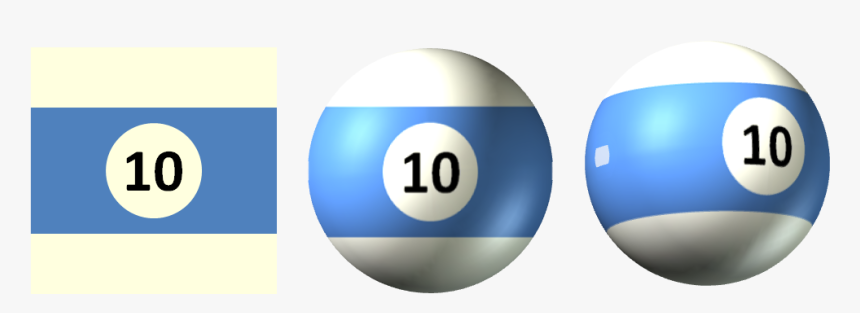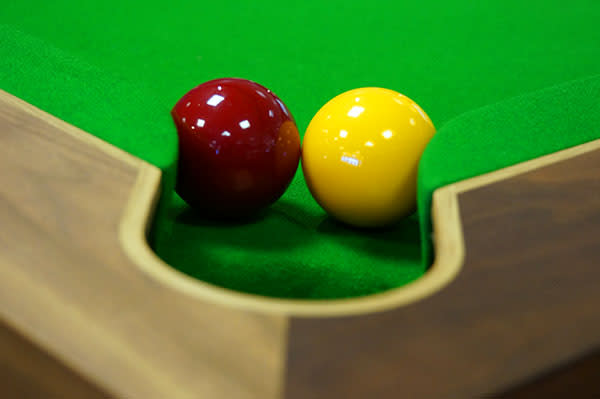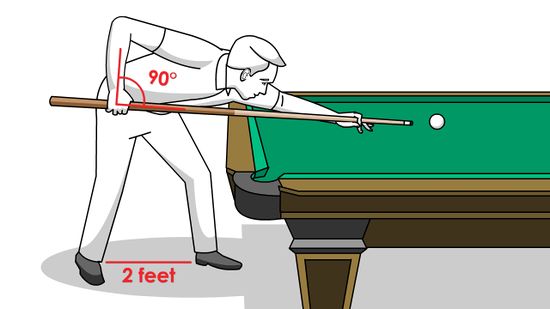
When it comes to pool, there are many different types of cues available. These vary in size and weight, so it's important to choose a cue that's right for your skill level and play style. Although it can be overwhelming, it's possible to find a cue that suits your needs. Here are the main types.
Consider the length of your pool cue when purchasing a new one. A shorter length will allow you to clear overhead and raise the cue during strokes. A longer length, on the other hand will make it easier to control the stroke and handle the cue. A cue that is suitable for your arm length will also be important. For example, if you're a tall child, you'll need to buy a 48" or 52" pool cue. For adults, you have the option to choose a cue with more length, such a 61/4" cue.
You should also consider the tip. Many pool cues come standard with a leather or multi-layered tip. A layered tip will provide more consistency and durability. Nylon, suede and linen are other options. It is crucial that tips are not too rough or greasy. They will eventually wear out so it is best to get a tip with a long life.

Next is the ferrule. The ferrule is an area on the stick under the tip that protects the cue from damage. Pool cues with nylon ferrules are better for handling heavy balls. They are less prone to vibrating which can impact your accuracy.
You should also inspect the joint of your cue. The majority of pool cues have the joints half-way down the shaft. The most convenient joints are typically those closer to the center. Choosing a cue that has a central joint will also make it easier to store the cue.
The shaft is the most important part of a pool cue. You can expect to pay between $300-$500 for a pool cue that has a top-ofthe-line shaft. Shafts with brass or carbon fiber finishes are also popular.
Some pool cues are made out of hardwood. Maple is a traditional wood used in most American cues. But, exotic woods are also available. Even if the price is lower, you should ensure that the material can withstand the weight of the cue ball.

Your pool cue wrap should be smooth and even. You should not have any knots or raised areas. Some cues do not require a wrap. You might prefer a more customized design.
As you can see, there is a lot to think about when buying a cue for pool. A good pool cue can give you the power and precision you need to reach your goals, no matter if you are an avid player or just starting to learn.